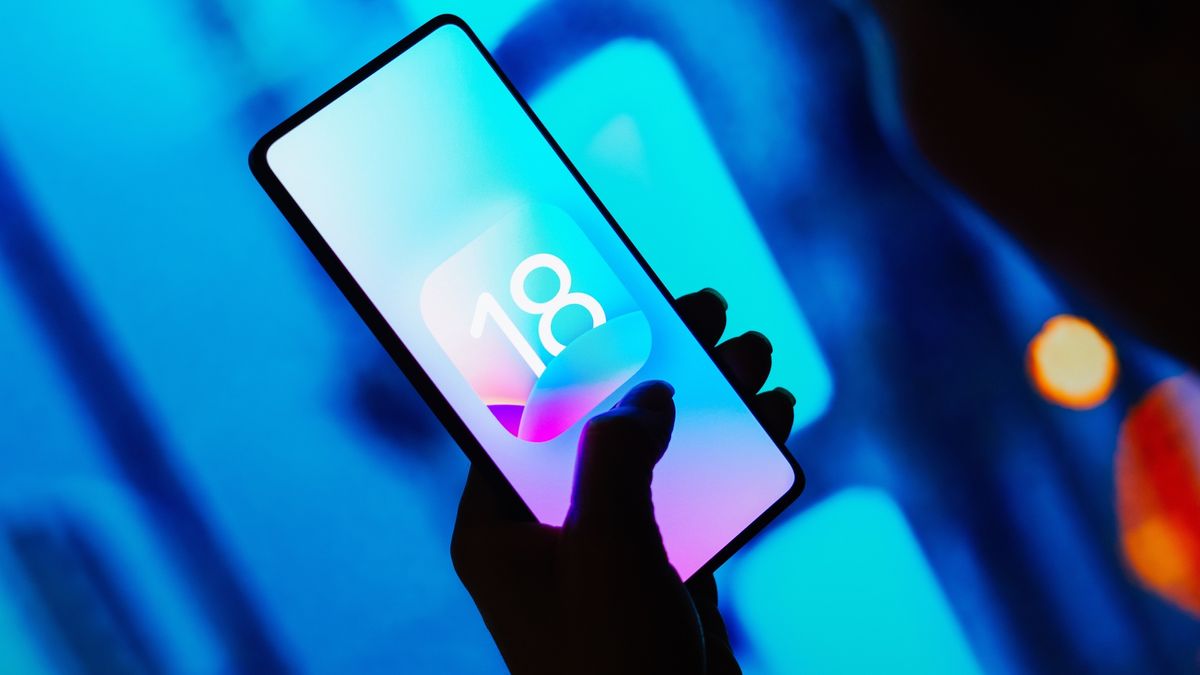As we’ve waited for our first official look at iOS 18 — that should happen next week when Apple previews the new iPhone software at WWDC 2024 — one rumor in particular has stood out for me. It’s not the laundry list of AI features that are apparently coming to your iPhone through this software update. Rather, the part that grabbed my attention was the suggestion that Apple planned to make sure most of the AI features ran on your iPhone, instead of using cloud servers for extra processing oomph. That sounded appealing to me from both a performance and privacy standpoint.
As it turns out, it’s not really the complete story.
Oh, some features will live entirely on your iPhone. But there are others that will need to be off-loaded to the cloud, no matter how much Apple would like to keep things iPhone-centric. And the number of on-device capabilities could be extremely limited, depending on which iPhone you’re using.
Bloomberg’s Mark Gurman has the latest details on Apple’s AI plans for iOS 18, particularly when it comes to the revamped Siri personal assistant that’s going to be at the heart of a lot of these new features. But the part that stood out for me was this observation from Gurman: “As part of the [iOS 18] rollout, more basic AI tasks will be processed on devices themselves, while more advanced capabilities will be handled via cloud computing.”
That’s a bit of a change from what we’ve previously heard about on-device capabilities. And while it doesn’t make iOS 18 any less exciting, it does make me wonder just how consistent the experiences will be across different iPhones.
Which iPhones can run on-device AI?
On-device AI is appealing for a couple of reasons. First, if something stays on your device, you and you alone are who gets to see it — not even Apple will be aware of what you’re using AI for. In an age where you can’t help but feel like you’re constantly being tracked, that’s reassuring. Also, on-device AI would take care of tasks faster than if your queries have to beam out to the cloud, get processed and then have the responses transferred back to you. On-device AI is the better approach — if your device has the hardware to handle it.
As Gurman explains it, iOS 18 will be able to spot what’s a basic task and what needs to be handled on the cloud. For older phones, that could be quite a lot — the report claims that many of iOS 18’s on-device features are going to require an A17 chipset or better.
Put another way, that means you’ll need to have an iPhone 15 Pro or an iPhone 15 Pro Max to take full advantage of on-device AI in iOS 18. Not even last year’s iPhone 15 and iPhone 15 Plus — powered as they are by A16 Bionic chips — would meet the processing requirements. It’s also safe to say that the iPhone 16 lineup will have no issues with on-device AI, as all those phones are expected to feature new A18 chipsets.
It’s not uncommon for older phones to miss out on some iOS additions. For example, iOS 17 added gesture-based visual effects to FaceTime calls, but you need at least an iPhone 12 to use that capability. In the case of on-device AI in iOS 18, though, it sounds like a lot of phones are going to be on the outside looking in, especially if iOS 18 compatibility rumors are true and this year’s update ends up working on the same devices that can run iOS 17. That would cover phone’s dating back to the iPhone XR, iPhone XS and iPhone XS Max that came out in 2019.
What we need to hear from Apple

A cynic might claim that this is Apple hoping to use an iOS update to goose iPhone upgrades in an era where people have gotten increasingly stubborn about holding on to their current handset. Even if that were the primary motivation here — and I don’t think it is — I don’t begrudge Apple wanting to sell more iPhones. They’ve got a multibillion dollar business to run. But it’s still going to be disappointing to some in the WWDC audience to hear what is and isn’t available to them should they chose to keep the same phone.
Disappointment isn’t a deal killer, though, since it sounds like AI features will be available to older iPhones — just that many of them will need the cloud to work. So it will be incumbent on Apple to explain what that will mean. In the past, when it comes to new iOS features that don’t work on older devices, Apple has relegated that information to the fine print of its preview pages. That won’t fly this time around: Users should know what’s on-device and what’s being off-loaded to the cloud, and Apple should make it clear how that impacts performance.
Apple will want to be upfront about the privacy implications of cloud-based AI features and what it’s going to do to keep user data under lock and key. To that end, Gurman’s report says Apple plans to rely on the Secure Enclave in the Mac chips powering the cloud servers to safeguard privacy. Reportedly, Apple also has no plans to create user profiles and it will issue reports detailing how it secures AI-generated info.
It sounds promising, but I’m the sort of person who needs Tim Cook standing in front of a Keynote deck to truly grasp how something’s expected to play out. The good news is we’ll find out exactly how AI features on iPhones old and new will work in a very short time.











